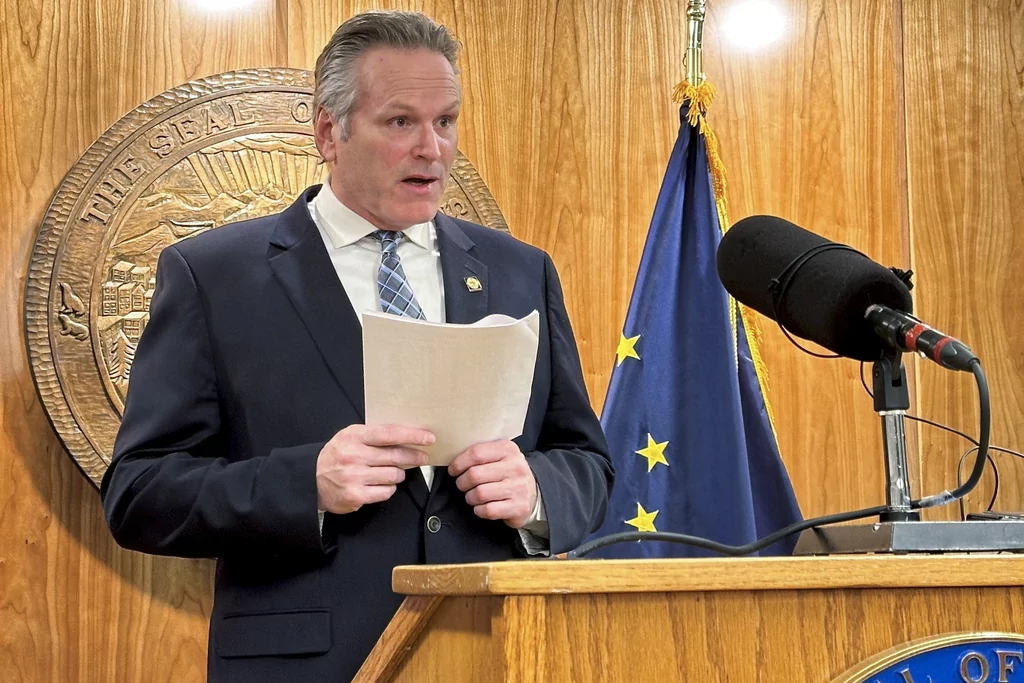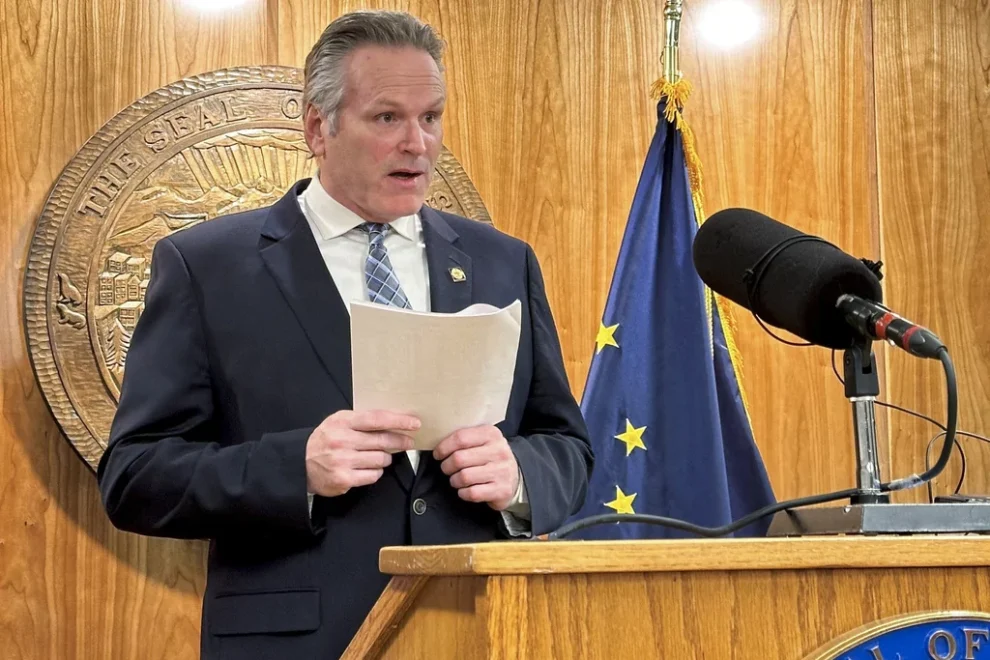Alaska’s leaders appear to be far apart on abortion and reproductive rights.
The state’s Republican governor vetoed legislation that would expand birth control access; meanwhile, a judge struck down a state law that puts limits on who can perform abortions in the state.
Gov. Mike Dunleavy’s (R-AK) veto halted bipartisan legislation that would have mandated health insurance companies to cover up to a year’s supply of birth control at a time. It passed in the Republican-controlled state House by 29-11 and in the bipartisan-led state Senate by 16-3. Insurance companies did not express any opposition to the bill, which was written to provide birth control medication to women living in distant rural communities.

The veto will keep limitations on Medicaid patients receiving birth control pills, which are only provided to them one month at a time. This makes it more difficult for women who live in remote villages only accessible by plane.
“Governor Dunleavy’s veto of HB 17, after eight years of tireless effort, overwhelming community support, and positive collaboration with the insurance companies, is deeply disappointing,” said Democratic state Rep. Ashley Carrick, the bill’s sponsor. “There is simply no justifiable reason to veto a bill that would ensure every person in Alaska, no matter where they live, has access to essential medication, like birth control.”
Jeff Turner, a spokesman for Dunleavy, told the Associated Press in an email that Dunleavy vetoed the measure since “contraceptives are widely available, and compelling insurance companies to provide mandatory coverage for a year is bad policy.”
While Dunleavy hopes to make Alaska “the most pro-life state in the country,” Alaska Superior Court Judge Josie Garton found unconstitutional a state law saying only a doctor licensed by the State Medical Board can perform an abortion in the state.
Planned Parenthood’s regional branches sued a slew of states, including Alaska, in 2019, claiming that registered nurses and physicians should be permitted to perform medication or aspiration abortions. Planned Parenthood argued that these healthcare providers are able to perform more complex medical procedures than abortion, such as delivering a baby.
“There is … no medical reason why abortion is regulated more restrictively than any other reproductive health care,” such as medical treatment of miscarriages, Garton wrote.
Garton found that the law is in violation of the privacy and equal protection rights of patients since it restricts their access to abortion.
CLICK HERE TO READ MORE FROM THE WASHINGTON EXAMINER
However, Chief Assistant Attorney General Chris Robison said the state is reviewing Garton’s ruling.
“The statute was enacted to ensure medical safety, and those types of judgments are more appropriately made by the Legislative or Executive branches of government,” Robison said.
























